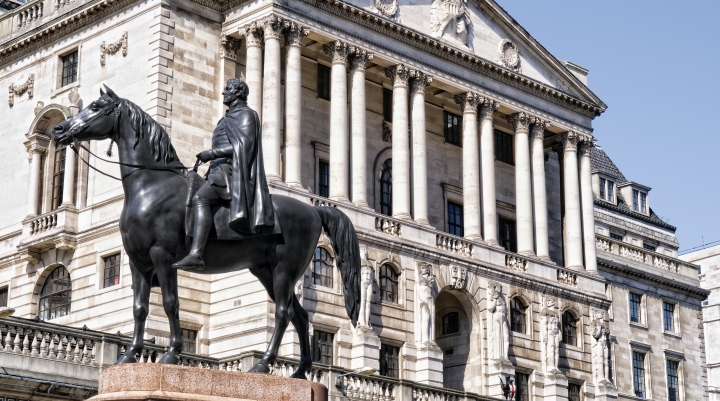Brexit aftermath. UK's economy to be rebooted

After years of sitting on its hands, the Bank of England will swing back into action next month with measures to nurse the economy through the post-Brexit period. Interest rates will be cut from their already historic low of 0.5%. The Bank is considering pumping more electronic money into the economy and could ease credit conditions.
The Treasury is also gearing up to provide stimulus measures. Now that George Osborne’s plan to balance the budget by the end of this parliament has been ditched, there is scope for Philip Hammond to be more creative in his autumn statement later this year. He has already dropped the broadest of hints that he will seize this opportunity.
One benefit of Brexit is that it allows the economy to be rebooted. That is true after any severe economic shock, which certainly applies to the decision to leave the EU. The last time UK policymakers had the chance to implement root and branch cures to the economy’s structural weaknesses was during the financial and economic crisis of 2008-09. Instead they bottled it, relying almost wholly on the Bank of England to support activity through interest rate cuts and the money-creation programme known as quantitative easing (QE).
This was later backed up by Funding for Lending, under which the Bank provided incentives for high street banks to lend more to households and businesses. The impact of all this was to rekindle the housing market and drive up asset prices. There was a boost to the economy, but the benefits were mostly felt by the haves rather than the have-nots. It was business as usual rather than change of the sort seen, for example, after the Great Depression of the 1930s or the oil shocks of the 1970s.
Read more on The Guardian.